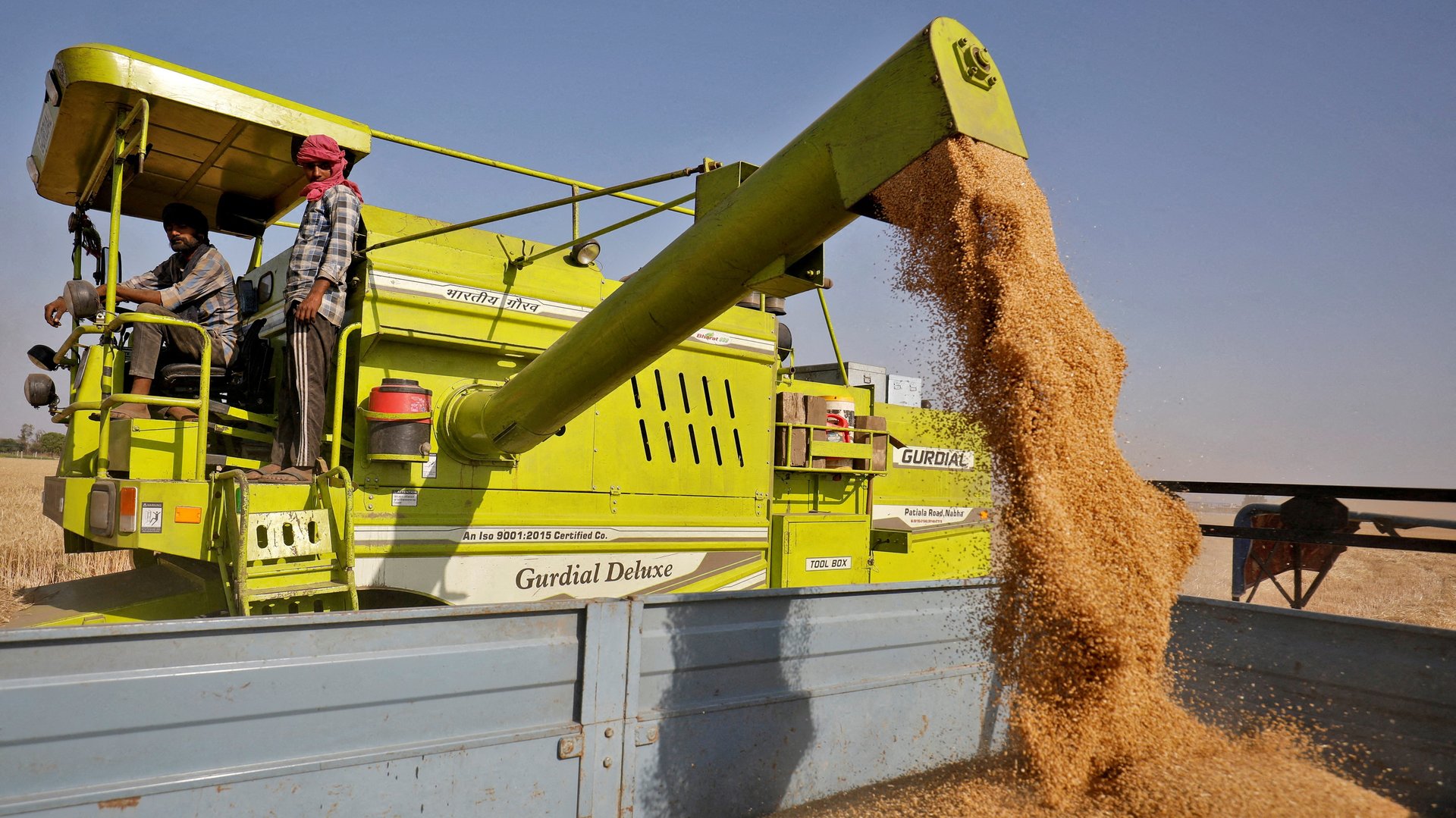India’s wheat export ban is another reality check for its lofty soft power goals
In 2020, India wanted to vaccinate the world. Shortly after, it was forced to do a volte-face following an acute shortage at home.


In 2020, India wanted to vaccinate the world. Shortly after, it was forced to do a volte-face following an acute shortage at home.
A few weeks ago, it claimed it could feed the world should the World Trade Organization allow it. Later, on May 4, prime minister Narendra Modi reiterated his desire to “save the world from hunger.” After all, in the wake of the Russia-Ukraine war, India had got the perfect window to become a major wheat exporter.
On May 14, however, India banned the export of wheat, largely owing to a record high domestic food inflation. Lower yield due to intense heat waves piled on the country’s agony.
The G-7 has criticised India’s backtracking. Hardeep S Puri, the country’s agriculture minister, responded saying India will meet its immediate commitments.
The unofficial ban on vaccine exports during the deadly delta variant wave in April 2021 had hampered Serum Institute of India’s commitments to the World Health Organization’s vaccine-sharing initiative. The ban on wheat exports puts immense pressure on the global supply.
This may be deemed a failure for India from a soft-power, geopolitical standpoint.
Can India become a major wheat exporter?
Modi’s goal of India becoming a major wheat exporter hinged on the opportunity presented by the war. While India has been the world’s second-largest producer of the commodity, most of it was used domestically. Its share in the global wheat exports has been only around 1%.
It hoped to considerably plug the deficit created by Russia, which accounts for 30% of the global wheat exports. To some extent, Indian wheat exports did rise. Countries like Egypt and Turkey, besides others in Asia, tapped India following the onset of the war.
This, however, pushed prices to record highs at home. In the past few weeks, wheat prices have soared by 15%-20% in India, forcing the government’s hand. Now, with the ban, prices are rising globally, too.
This, combined with a lack of long-term policies on taxes and supply chain, is unlikely to make India a major wheat exporter anytime soon.